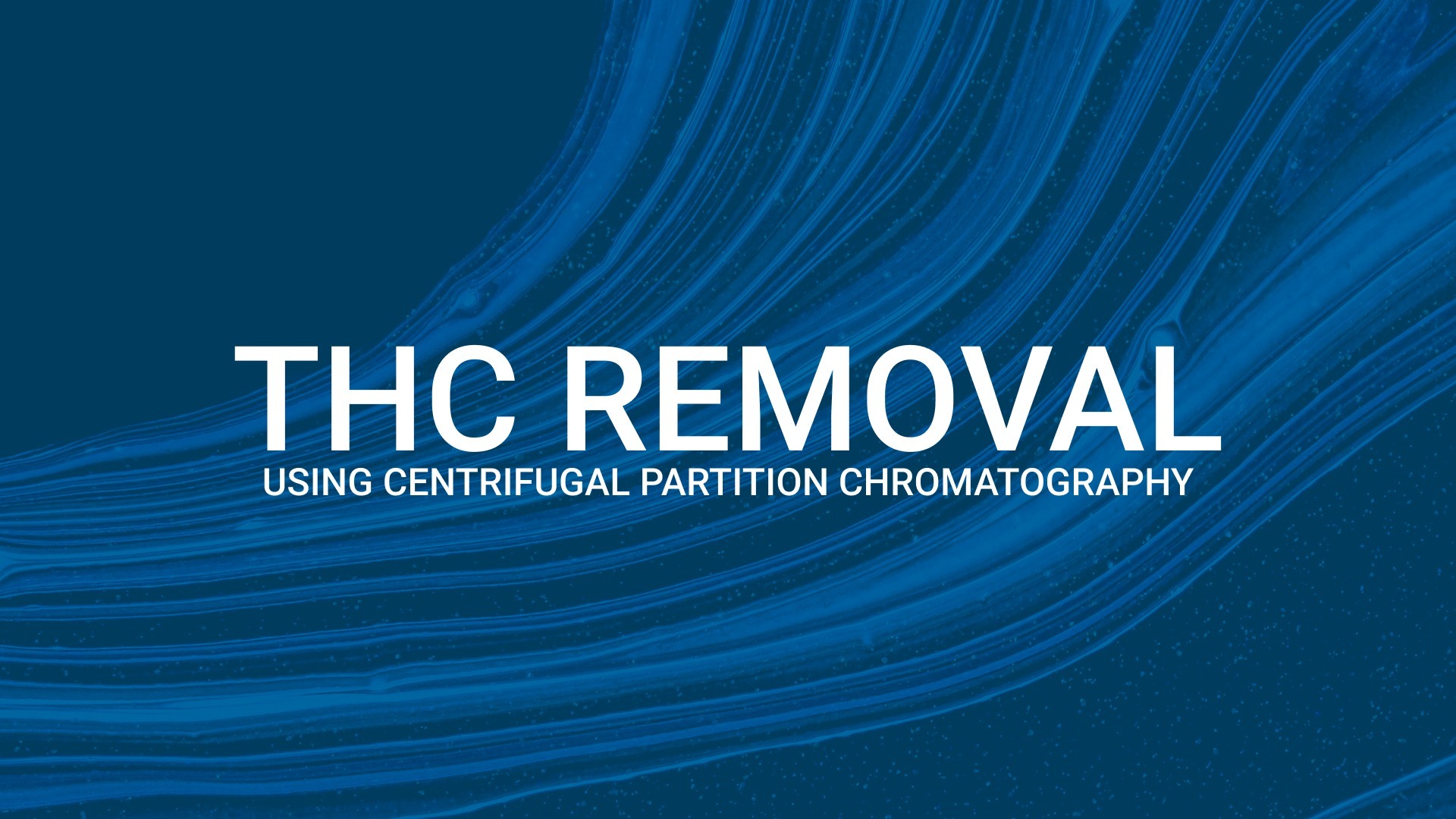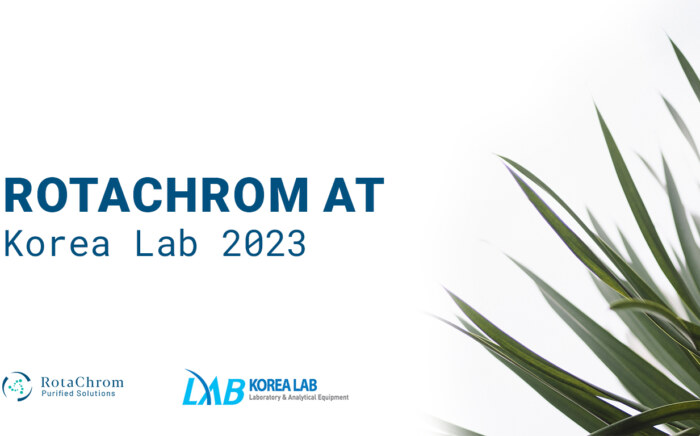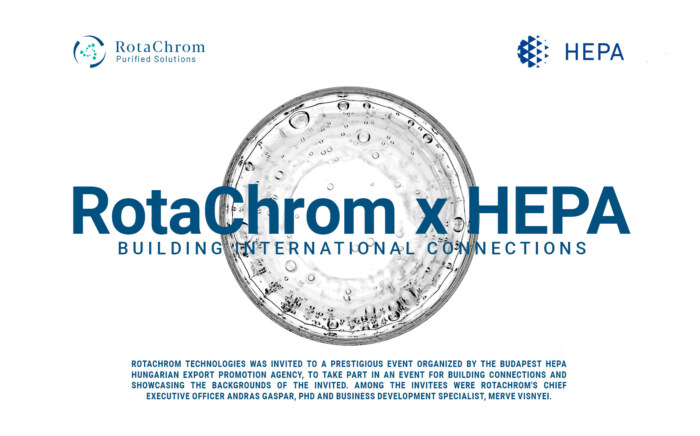Increasing separation efficiency by pH adjustment in Centrifugal Partition Chromatography
NewsIntroduction
The burgeoning market for cannabidiol (CBD) products continues to thrive, fueled by increasing consumer demand for natural remedies and wellness solutions. However, ensuring the purity and legality of CBD extracts remains a critical concern for manufacturers. In this study, we explore the efficacy of utilizing a revolutionary purification technique, rCPC (rotating coil centrifugal partition chromatography), for THC removal from CBD distillate, paving the way for high-purity CBD production.
Purification Process and Results
Utilizing the rCPC device, the purification process yielded remarkable results in THC removal from CBD distillate. Starting with distillate containing 73% CBD and 9% THC, the purified CBD fraction achieved an impressive purity level of 97%, with THC content rendered undetectable, thereby meeting stringent regulatory standards. This achievement signifies a significant breakthrough in ensuring the legality and purity of CBD extracts for various industries.
Efficiency and Recovery Rate
One of the key highlights of the study was the efficient recovery rate, with approximately 95% of CBD successfully retrieved throughout the purification process. This high recovery rate minimizes the loss of valuable compounds, optimizing resource utilization and cost-effectiveness for manufacturers. It also ensures the preservation of CBD’s therapeutic properties, maintaining product efficacy.
Scalability and Continuous Production
The scalability of the purification technique was demonstrated through continuous batch mode operations, where the rCPC device efficiently purified a substantial quantity of CBD distillate totaling 1.858 kg within an 8-hour shift. This scalability underscores the feasibility of integrating the purification technique into large-scale production processes, ensuring consistent output and meeting market demands effectively.
Implications for Industries
The purified CBD fraction, devoid of THC, holds immense potential for diverse industries such as natural extracts, nutraceuticals, and cosmetics, where purity is paramount. With its high-purity CBD content and adherence to regulatory standards, the purified fraction opens doors to new opportunities for product development and market expansion.
Conclusion
In conclusion, this study highlights the transformative potential of rCPC purification in CBD production, particularly in THC removal from CBD distillate. By delivering high-purity CBD fractions with minimal THC content, the rCPC technique addresses key challenges faced by manufacturers in the CBD industry. Moving forward, continued research and implementation of innovative purification technologies like rCPC are essential for advancing the quality, legality, and scalability of CBD production, ultimately benefiting consumers and driving industry growth.



